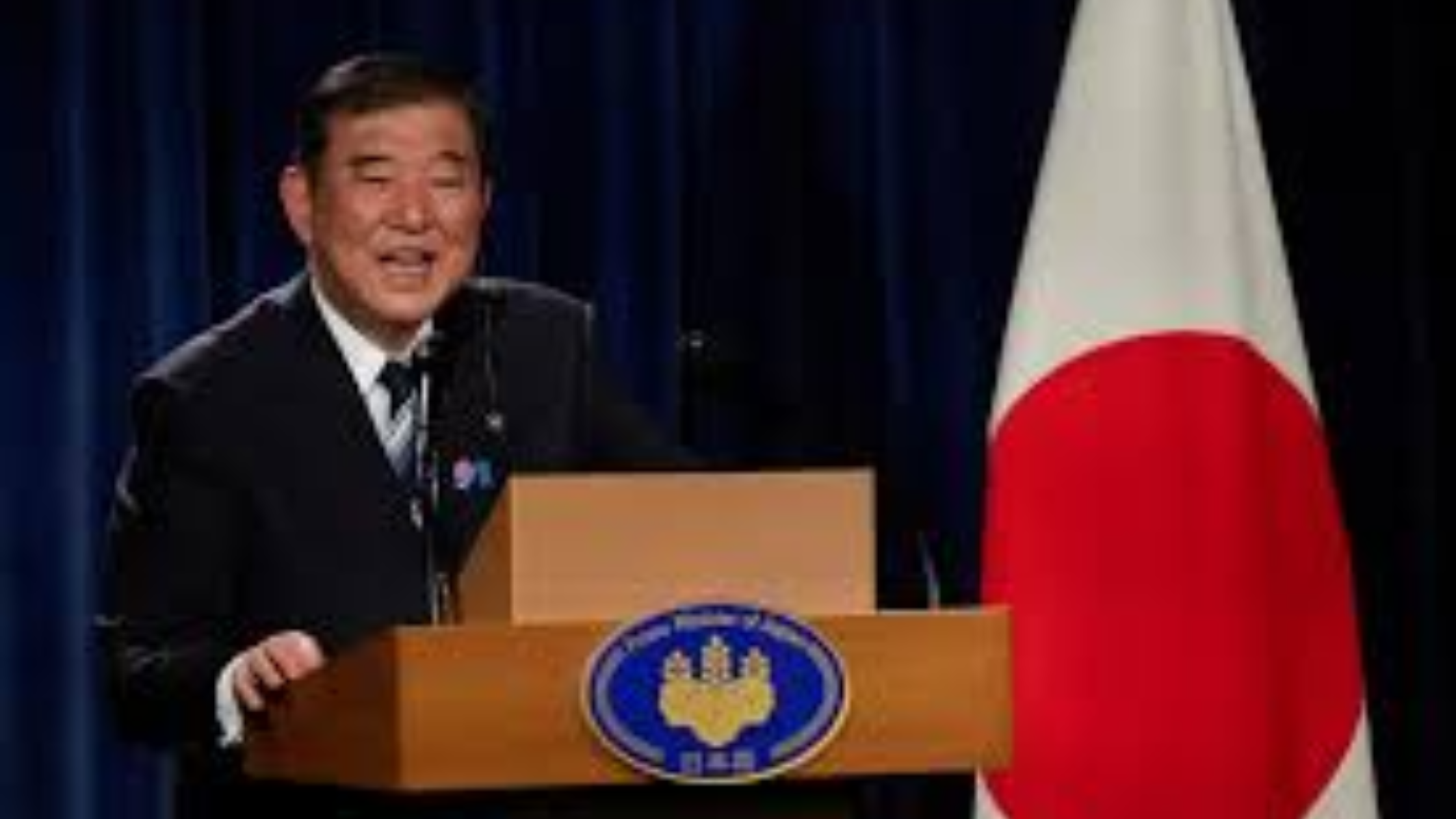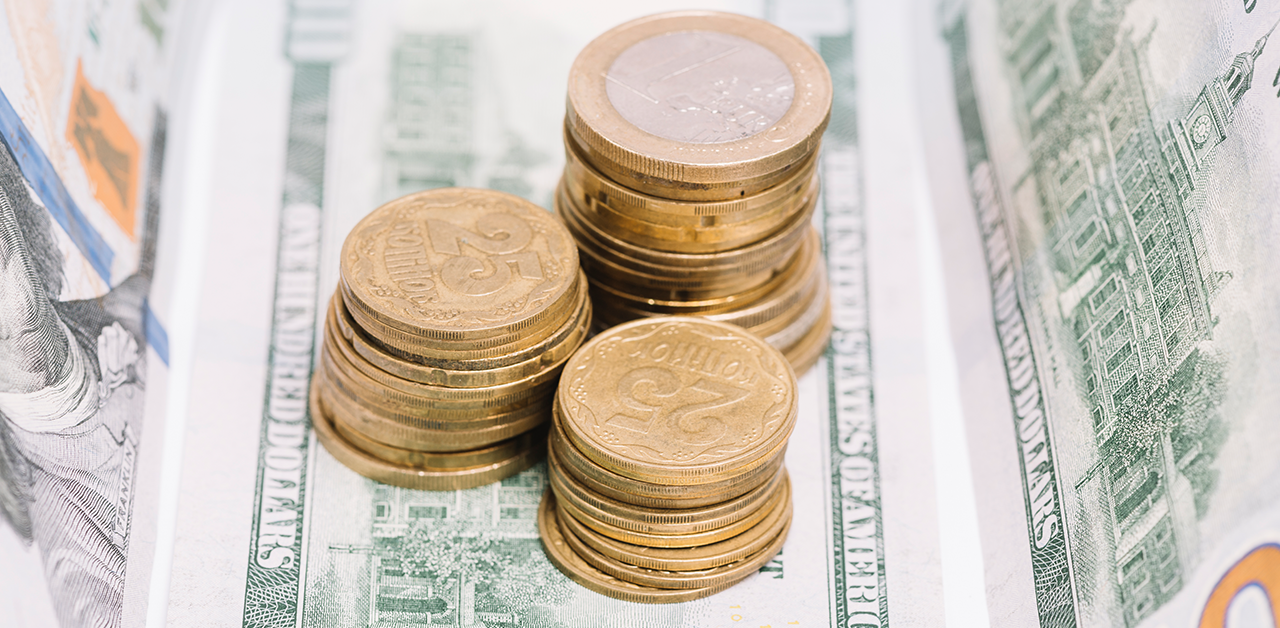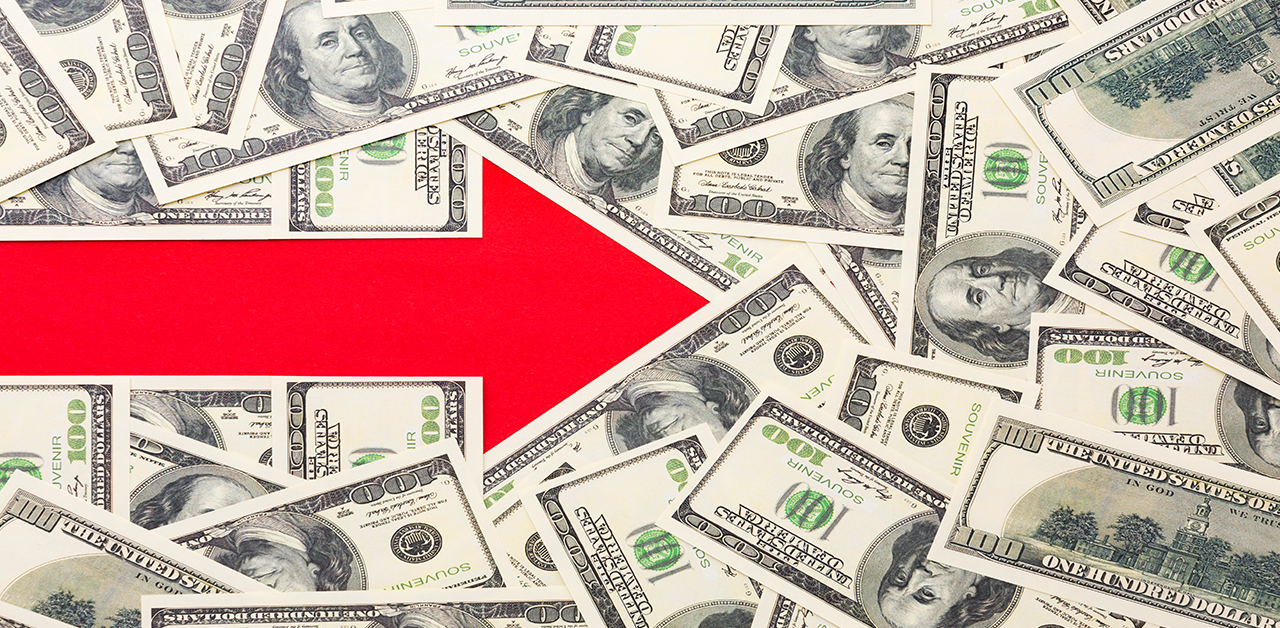Shigeru Ishiba’s rise to power felt more like a sentiment-driven market surge than a carefully calculated political ascent. Thrust into Japan’s leadership amid internal party turmoil, his tenure quickly drew comparisons to a speculative rally — exciting at first, but ultimately lacking staying power.
Now, as the upper house election approaches, Ishiba faces a defining test. The US-Japan trade agreement, once seen as a potential win, has stalled. And with no meaningful diplomatic breakthrough in sight, Ishiba’s political capital is rapidly eroding.
Where former Prime Minister Shinzo Abe managed to maintain a carefully balanced relationship with Donald Trump — blending charm with strategic diplomacy — Ishiba’s approach has been markedly less effective. His decision to sideline Taro Aso, a seasoned and internationally respected figure, proved a costly miscalculation. Aso’s removal left Japan’s diplomatic bench thin, just when experienced hands were most needed.
Instead, Ishiba appointed Ryosei Akazawa, a politician with limited global exposure, as envoy — a move that underscored his administration’s inward focus. While Ishiba’s base may appreciate his tough stance against Trump’s tariff demands, his unwillingness to offer even symbolic concessions — such as easing tariffs or modestly increasing defense spending — has only deepened the rift between Tokyo and Washington.
It’s easy to argue that the current phase of US trade policy would challenge any Japanese leader. But political and market systems alike tend to reward flexibility over rigidity. Ishiba’s reluctance to adapt has exposed his leadership to increased scrutiny — and risk.
Polls now suggest the ruling Liberal Democratic Party (LDP) is facing a potential electoral setback. Ishiba’s approval ratings have dropped below 21%, signaling a steep decline in public support. His continued defense of stalled trade negotiations is being compared to a CEO clinging to promises of a strategic review after disappointing quarterly results.
Hopes that Ishiba would become a modernized version of Abe have largely faded. His political messaging, including the vague “Enjoyable Japan” slogan, lacks the conviction and clarity required in turbulent times. It has failed to energize voters or reassure allies.
Even his ideological positions — such as support for a more autonomous Japan and improved ties with China — have been inconsistently presented. This has left him in a no-man’s land: too conciliatory for nationalists, and too cautious for reformists. His economic measures, including temporary cash handouts in the face of persistent inflation, appear more like stopgaps than structural solutions.
On social issues, too, Ishiba has backtracked. Once a vocal advocate for progressive causes like same-sex marriage and civil liberties, he now projects hesitation — drawing criticism for appearing politically opportunistic rather than principled.
If the LDP suffers major losses in Sunday’s vote, Ishiba’s leadership may not survive the fallout. Yet even his departure would offer little immediate stability. Japan’s political landscape remains in flux, and with the threat of escalating Trump-era tariffs looming, the country could be heading for further uncertainty — with no clear successor ready to lead.












